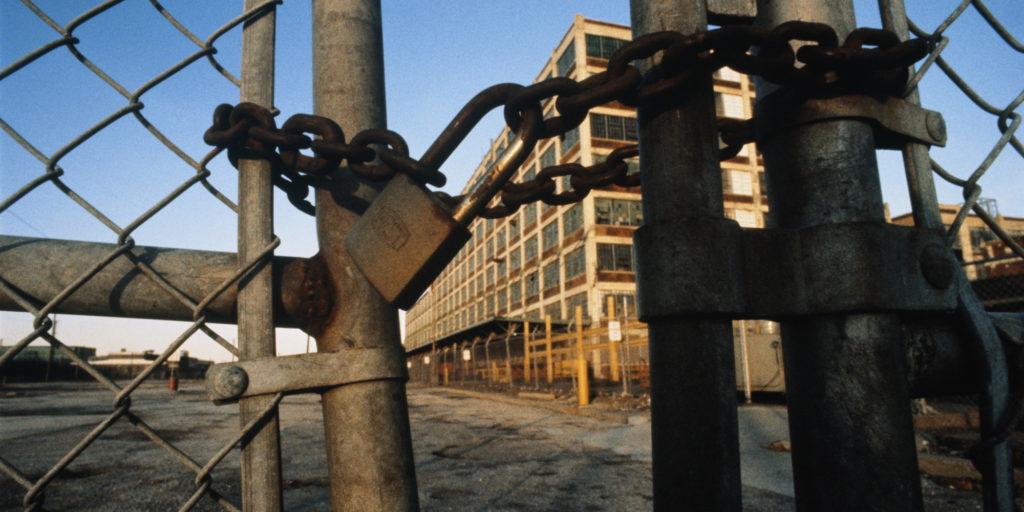Assessing COVID’s Impact on Manufacturing

Thanks to COVID-19, the need for precision machining in Portland and around the U.S. has been greatly reduced. At API/AMS, we’ve proudly operated as a custom manufacturing partner for businesses located throughout the Pacific Northwest for over 40 years. While the future of the manufacturing industry after COVID remains unknown, you can count of API/AMS to remain ready to meet your evolving needs.
We’ve already seen that COVID has caused a number of challenges for U.S. industrial manufacturers, especially those who rely on an in-house workforce that cannot perform their duties at home. Roughly 80 percent of manufacturers anticipate that COVID will cause a financial impact to their business and the industry as a whole, according to a survey conducted by the National Association of Manufacturers.
The survey also reported that a slight majority (53 percent) of the manufacturing sector expect that COVID will negatively impact their operations. Many within the industry have already seen this become a reality as supply chains tighten, spending decreases, and credit lines become less certain. The need to get ahead of issues that could permanently undermine their business becomes paramount for manufacturers looking to stay one step in front of the current crisis.
Crisis Management & Response
For the foreseeable future, many manufacturers will likely see a downward trajectory on the demand for production and revenues until a permanent solution exists for the virus. Many may also face some type of liquidity issue due to a limited supply of cash, making it difficult for them to manage their debt obligations.
Manufacturing is especially vulnerable considering that the majority of its workforce serves in some type of on-site capacity that cannot be performed remotely. Given the close confines of many manufacturing centers, new consideration will need to be given on how to successfully implement social distancing guidelines that will keep employees safe.
Furthermore, manufacturers must begin to brace for inevitable global supply chain disruptions. This will not only impact those needing to buy materials, but will likely ripple throughout the chain, impacting suppliers by reducing the demand for components and materials. Supply chain partners may also experience their own challenges and may not be able to fill orders on time, or potentially at all, during the pandemic.
Given all of the unknown variables associated with COVID’s impact on manufacturing, it’s important that businesses prepare for a prolonged recovery. Since no one can accurately forecast when containment will be achieved, manufacturers need to brace for what could be a very trying and difficult time.
Steps to Consider
To emerge from COVID successfully, business need to consider taking a few precautionary steps that include:
- Determine how long loans, revolving cash flow and credit can support ongoing operations while in a low-revenue period.
- Assess capital and corporate cost budgets to identify non-essential or marginal areas that can be reduced or eliminated.
- Review non-core or underperforming assets to determine whether divesting from these areas could create a source of additional cash.
- Weigh the pros and cons of refinancing existing debt.
- Work alongside state, municipal, federal guidelines to anticipate what safety measures will need to be met before production can resume.
Manufacturing Will Prevail
While the manufacturing industry may emerge from the current crisis looking different than it does today, we remain confident in our industry’s ability to recover. It may take some time before the need for precision machining in Portland and around the U.S. picks back up, but when it does, the team at API/AMS will be ready to help our customers recover.
Taking a proactive stance now can help your business quickly regain its feet once workers return to their jobs. From understanding where you stand with liquidity and cash flow to preparing to meet social distancing guidelines in advance of opening your manufacturing centers, businesses can get ahead of the virus to be better prepared for the restart of their operations.
